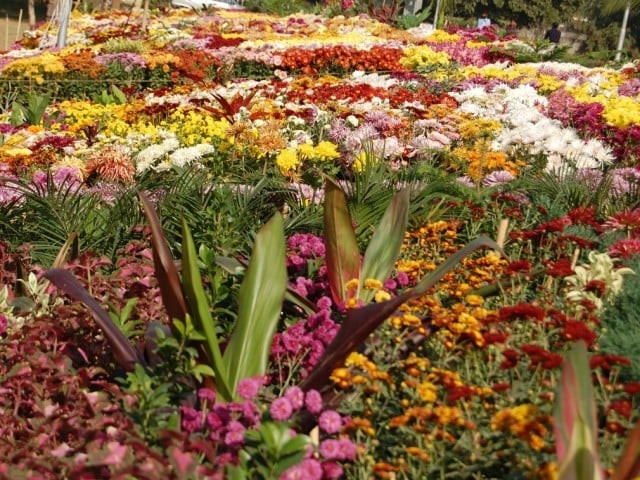Trade policy lacks incentives for horticulture exporters
FPCCI official says govt should have focused on Middle East, SE Asia markets

FPCCI official says govt should have focused on Middle East, SE Asia markets. PHOTO: MUHAMMAD JAVAID
“The horticulture sector has not been covered in the new trade policy as no concrete measures were taken by the commerce ministry to help increase exports of the industry,” commented Ahmad Jawad, the Chairman of Federation of Pakistan Chambers of Commerce and Industry (FPCCI) Regional Standing Committee on Horticulture Exports in a press statement.
Jawad pointed out that he had discussed with the commerce minister that horticulture could play a vital role in enhancing the country’s exports in the short run, but despite that the exporters got no incentives in the policy.
In the trade policy framework, it has been mentioned that Pakistan’s horticulture products have already created a niche in the global market, but nothing has been done to promote it.
According to Jawad, the most feasible markets for Pakistan’s horticulture products are the Middle East and Southeast Asia in view of the short shelf life of these products and the government should have given attention to them in the policy document.
The basic products were kinnow, mango, potato, onion and fresh vegetables, and as a short-term strategy, Jawad said, there was a need for institutional strengthening, support for international certifications, packaging and development of common facility centres in various areas.
Apart from these, the government must also focus on packaging houses, Vapour Heat Treatment (VHT) facilities and development of market linkages with outlets of the international store chains in Pakistan.
He called the Pakistan Horticulture Development and Export Company a dead organisation that had no role in promoting exports as most of its regional offices were closed and the remaining ones were facing acute shortage of staff, particularly lack of experienced horticulture experts.
He insisted that the government must provide exporters with locally manufactured Hot Water Treatment (HWT) plants at subsidised rates and instruct the Department of Plant Protection to facilitate and coordinate with them.
“Such steps will help resume export of fresh vegetables from Khyber-Pakhtunkhwa to the European markets, which has been suspended by the Department of Plant Protection for the last two years,” he noted.
Jawad also sought immediate tariff subsidy on mango exports by air in the upcoming season to make the fruit competitive in the overseas market.
“There is a significant potential in horticulture exports with a variety of organic and inorganic delicious fruits and vegetables, but these could not be taken to potential markets due to a lack of incentives for the exporters,” he remarked.
He asked the commerce ministry to develop close liaison with the provincial governments for “plug-in facilities” at different points for refrigerated containers so that sea shipments could resume from provinces, particularly from Khyber-Pakhtunkhwa.
Published in The Express Tribune, March 25th, 2016.
Like Business on Facebook, follow @TribuneBiz on Twitter to stay informed and join in the conversation.


















COMMENTS
Comments are moderated and generally will be posted if they are on-topic and not abusive.
For more information, please see our Comments FAQ